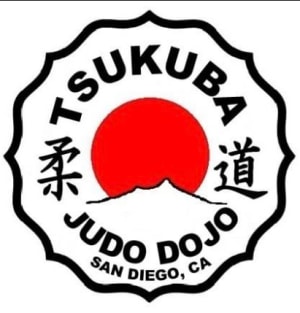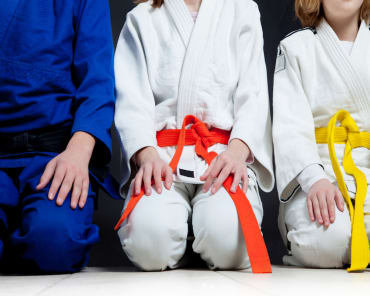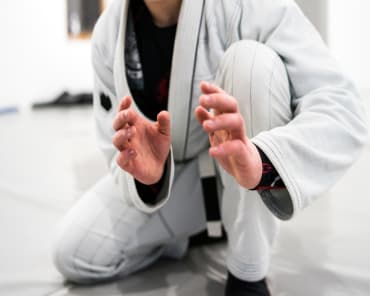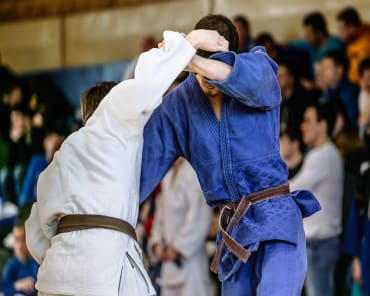
Judo, translated as "the gentle way," is a martial art and combat sport with deep roots in Japanese tradition and philosophy. Developed by Jigoro Kano in the late 19th century, judo has evolved into a global phenomenon embraced by millions for its principles of physical prowess, mental discipline, and ethical development.
Origins and Philosophy
Judo traces its origins to Japan, where Jigoro Kano sought to create a martial art that emphasized technique and leverage over brute strength. Drawing from various styles of traditional Japanese jujutsu, Kano formulated judo as a system of self-defense and physical education. The philosophy of judo extends beyond combat; it promotes mutual welfare and respect, encouraging practitioners to achieve harmony with opponents and oneself.
Principles and Techniques
At its core, judo revolves around using an opponent's strength and momentum against them. Techniques in judo include throws (nage-waza), joint locks (katame-waza), and pins (osaekomi-waza). These techniques are practiced through structured forms (kata) and live sparring (randori), where practitioners test their skills in controlled, yet dynamic, situations.
Global Spread and Popularity
Judo's introduction to the wider world began in the early 20th century when Kano's students traveled abroad to teach and establish judo schools. The Kodokan, founded by Kano in Tokyo, became the international headquarters for judo, disseminating its teachings globally. Today, judo is practiced in over 200 countries and is an Olympic sport since 1964, showcasing its global appeal and influence.
Benefits Beyond the Mat
Beyond physical fitness and self-defense, judo offers numerous benefits. It instills discipline, perseverance, and resilience—qualities essential both on and off the mat. Practitioners develop mental toughness through rigorous training, learning to remain calm under pressure and adapt to changing circumstances.
Judo Values
Central to judo are its core values of mutual benefit and respect. Practitioners adhere to a code of conduct (dojo kun) that emphasizes courtesy, courage, sincerity, honor, and modesty. These values create a supportive environment in judo dojos (training halls), where mutual respect among practitioners fosters camaraderie and personal growth.
Judo in Competition and Daily Life
Competitively, judo tournaments are structured by weight categories and skill levels, where athletes demonstrate their techniques and strategies. Matches are won through throws, pins, or submission techniques, showcasing the art's effectiveness in controlled settings.
In daily life, judo's principles extend beyond physical techniques. The mindset cultivated in training—focused, disciplined, and respectful—translates into professional endeavors, relationships, and personal challenges. It teaches adaptability and problem-solving skills that benefit practitioners throughout their lives.
Conclusion
Judo, born from the vision of Jigoro Kano, continues to thrive as a martial art, sport, and philosophy with global reach. Its emphasis on technique, mutual respect, and personal development resonates across cultures and generations. Whether practiced for fitness, competition, or personal growth, judo offers a pathway to physical fitness, mental discipline, and ethical conduct—the essence of "the gentle way."






